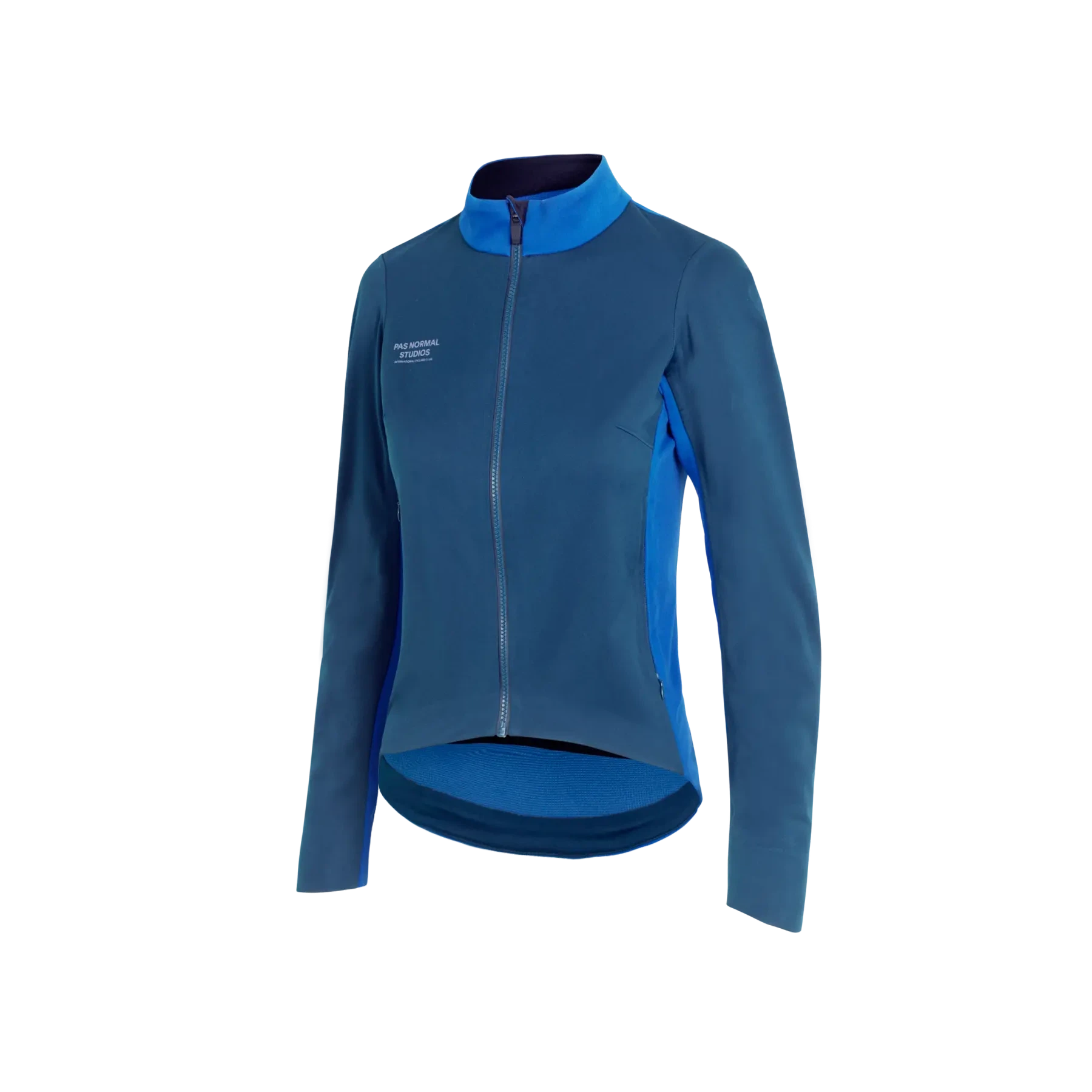Cycling can be a fun way to get out of the house, meet up with friends, and get some exercise. While there are many benefits to cycling, the most important aspect of cycling is safety. To ensure safety and enjoyment for everyone on the road, it is essential to understand and adhere to cycling rules and etiquette. Whether you are a seasoned cyclist or just picked up your first bike, here is a comprehensive guide to help you navigate the streets with confidence and courtesy.
Know the Rules of the Road
Before embarking on any ride, familiarize yourself with the rules and regulations governing the area in which you are cycling. Obey traffic signals, street signs, and laws applicable to cyclist. Aways make sure you ride on the correct side of the road, yield to pedestrians, and signal your turns and stops. Stay updated on local cycling laws in case anything changes and share your knowledge with others to promote a culture of safety and responsibility within the cycling community. You can also attend cycling education courses or workshops to improve your knowledge and skills.
Ride Predictably and Responsibly
While on your bike, maintain a consistent and predictable riding style to avoid being unpredictable and confusing other road users. Communicate your intentions, ride in a straight line, avoid sudden movements or swerving, and use hand signals to indicate turns, lane changes, and stops. Be aware of your surroundings and anticipate potential hazards to ensure a safe and smooth ride.
Share the Road
Respect the rights of other road users including motorists, fellow cyclists, and pedestrians. Give ample space when passing pedestrians, slower cyclists, or slower motorists. Use designated bike lanes or shoulders whenever possible, and be patient and courteous, especially when sharing narrow roads or congested areas. If you treat other road users with respect, the likelihood is they will do the same to you.
Stay Visible and Alert
Make yourself visible to motorists, other cyclists, and pedestrians by wearing brightly coloured reflective clothing, especially during low light conditions or poor weather. Use front and rear lights and reflectors on your bike to increase your personal visibility and visibility of you to other road users and stay vigilant by scanning the road for hazards or potential dangers that could impede your path.
Be Mindful of Traffic Flow
Ride with the flow of traffic, staying to the correct side of the road and allowing faster moving vehicles to pass safely. Avoid riding against traffic or impeding the flow of traffic, as this can increase the risk of accidents. Minimize interactions with motorists and maximize space from them wherever possible.
Respect Pedestrians and Shared Spaces
Yield to pedestrians at crosswalks and intersections, allowing them to cross safely and without concern. Slow down and give audible warnings when passing pedestrians from behind, using phrases like “on your left” or “right behind you”. Always pass with caution and give plenty of space. When riding on shared paths or trails, be considerate of all other users including walkers, joggers, wheelchair users, children playing, and other cyclists.
Communicate Effectively
Use verbal cues, hand signals, and eye contact to communicate with other road users and anticipate their actions. Signal your intentions early and clearly, and use common courtesy when interacting with pedestrians, motorists, and fellow cyclists. Avoid engaging in confrontations or aggressive behaviour and stay calm and composed in challenging situations. Be patient and understanding, especially in busy or congested areas where communication is essential for safe navigation.
Know your Group Riding Etiquette
When riding in a group, maintain a staggered single file or two by two formation (depending on the width of the road/path) to maximize visibility and allow for safe passing by other road users. Communicate with your fellow rides using verbal cues and hand signals, and signal obstacles or hazards to the group. Ensure you leave enough space behind the rider in front of you so that if they must come to a sudden stop, you have ample time to brake. Make sure to ride at a pace that accommodates the abilities of all group members, so no one is left behind. Rotating positions within your riding group will help share the workload and minimize fatigue.
Maintain Proper Equipment
Ensure your bike is in good working condition and receives regular maintenance and checkups as required. Always bring your bike into the shop if you are unsure about a potential malfunction or safety hazard. Before a ride, check your tires are properly inflated, your brakes are functioning, and your components are securely mounted. Cleaning your bike after each ride can help ensure it continues to function well, and no dirt or build up gets in the way. Pay regular attention to your bike to address any issues promptly and minimize the risk of mechanical failures that could endanger both you and other road users.
Practice Environmental Stewardship
Protect the environment in which you ride and don’t leave any trace of your presence, especially when cycling in natural areas or protected landscapes. Dispose of all garbage and recycle what can be recycled. Avoid damaging or disturbing wildlife and fragile ecosystems. Stay on designated trails and paths to minimize erosion and preserve the natural beauty of your surroundings.
Finally, Lead by Example
Set a positive example for other road users by adhering to cycling rules and etiquette at all times. Be a courteous, responsible, and respectful cyclist, and encourage others to do the same. By promoting a culture of safety, cooperation, and mutual respect, we can foster a safer and more enjoyable cycling experience for everyone on the roads.
Stay up to date on news, events and promos!
Join our cycling community by subscribing to Racer Sporif’s newsletter below.












Leave a comment